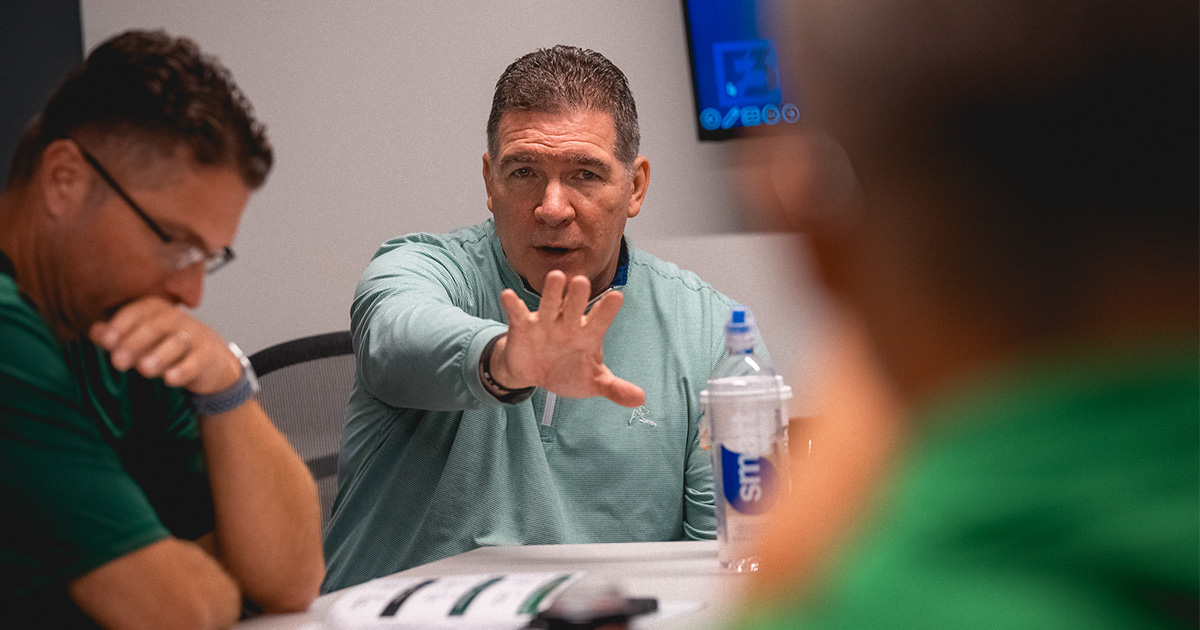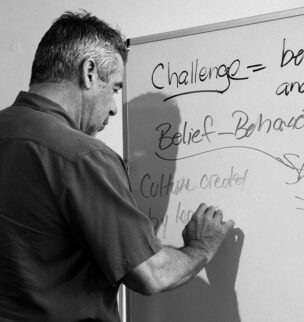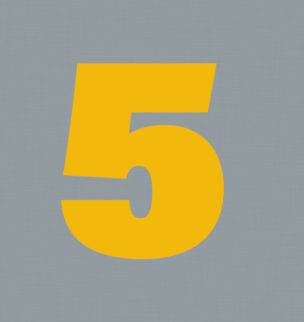Success requires you to think and make wise choices in response to the real-world situations you face every day. However, navigating life and work in our complex, ever-changing world can be messy and difficult. For that reason, it is imperative to continually develop and cultivate your thinking and decision-making skills.
There are four foundational elements of effective thinking that will help you make better decisions: principles, process, people, and purpose.
- What principles guide the decisions you make every day? These are your core beliefs and values. This is the what of your thinking.
- What process do you use for making decisions? This is your methodology for thinking and choosing. It is the how of your thinking.
- What people do you look to for advice and insight in your decisions? These are the influencers who shape the choices you make. This is the who of your thinking.
- And finally, what purpose guides your thinking? What are you trying to accomplish with your choices? This is the why of your thinking.
It isn’t difficult to see the negative impact of getting any one of these four elements wrong. There can be devastating consequences if your thinking is guided by the wrong principles, or you use an ineffective process, or you are influenced by the wrong people, or you pursue a self-centered agenda.
Practical tips for application:
- Know your values and live your values. Be clear about the core principles you want at the heart of your life, and use your principles as a key reference point for your decisions. Think deeply about what you truly believe, and then be faithful to those beliefs.
- Caution #1: Identify and live by timeless truth and beware using what is fashionable and popular in modern culture as a reference point for your decisions.
- Caution #2: Just because you feel strongly about something does not always mean it should be a guiding principle in your life. This distinction requires deep levels of courage and discernment. In order to make good decisions you need good information. Sometimes your emotions give you bad information.
- Use a disciplined process for thinking and making decisions. Sloppy thinking is often the result of an undisciplined process. Before you make a decision or take action, use the E+R=O framework to think strategically.
- Clarify the Event you have and the Outcome you want.
- Given the realities and constraints of the situation (the Event), generate options for how best to Respond to achieve the desired outcome.
- Evaluate the options, choose, and execute.
- Monitor the results and make adjustments as needed.
- Reflect on the choice you made, the results that were produced, and what you learned in the process.
- Seek the advice and insight of wise people. Everyone can benefit from an outside perspective. There is a Proverb that says: “Without counsel plans fail, but with many advisers they succeed.” That is good advice about getting good advice. Choose your counselors wisely!
- Make decisions in alignment with your purpose. More accurately, in alignment with your purposes plural. I don’t think people have a singular purpose in life; rather, people have several purposes. The great challenge is making decisions that keep those purposes integrated and aligned.
The bottom line: Think about the way you think. Evaluate your decision-making and as you evaluate, get feedback and identify where you need to improve. If you don’t think you can get better at thinking, then think again.
Do the work.


